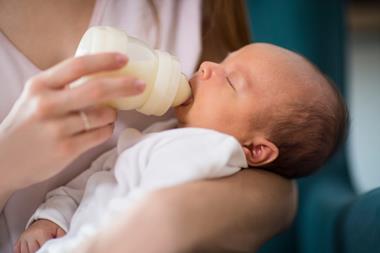Visionary farmers are trying to break Britain’s unhealthy reliance on imported soya for animal feed. The Technology Research Project is funding crop trials of field lupins as a home-grown, sustainable alternative protein source and soil-improving nitrogen fixer. Within five years, British lupin seeds could be a credible animal feed option for farmers.
Our soya dependency leaves us at the mercy of the global market: soya prices have just risen steeply, again. Soya cultivation is driving deforestation in South America. Most soya is genetically modified, and consumers in the UK and Europe have made it clear they have no stomach for food with GM ingredients, or from GM soya-fed animals.
Soya has been heavily promoted for human consumption as a healthy animal protein substitute for humans, but here again the tide is turning. Scientific concerns about how the ‘anti-nutrients’ in unfermented soya products may reduce the body’s ability to assimilate essential minerals refuse to go away, and some research links soya oestrogens with thyroid problems, fertility issues and cancer.
” There’s growing appetite for alternatives free of health concerns “
At the Natural & Organic Products Europe Show at Olympia this year, it was evident that while soya still has a big presence in vegan/health food, there’s a growing appetite for alternatives free of troubling ethical and health concerns. Most notable at the show was the emergence of coconut milk as the thinking person’s dairy-free alternative to soya milk. Coconuts, unlike soya, are typically grown in tropical countries in an environmentally sustainable way. Every food product of the coconut palm, from water to oil, is extracted. Every non-food product, such as coir, is put to good use also. Recently I tasted an instantly likeable new coconut milk yogurt, CoYo, already well established in Australia.
There’s an irony in the vegan reliance on soya for vegetarian ‘bacon’ and so on. They argue our appetite for animal food is wrecking the planet but imported soya clocks up many more food miles than UK-produced meat, eggs and milk.
Whether it’s for feeding ourselves, or our livestock, the bottom line is that we can’t ditch soya soon enough.



















No comments yet